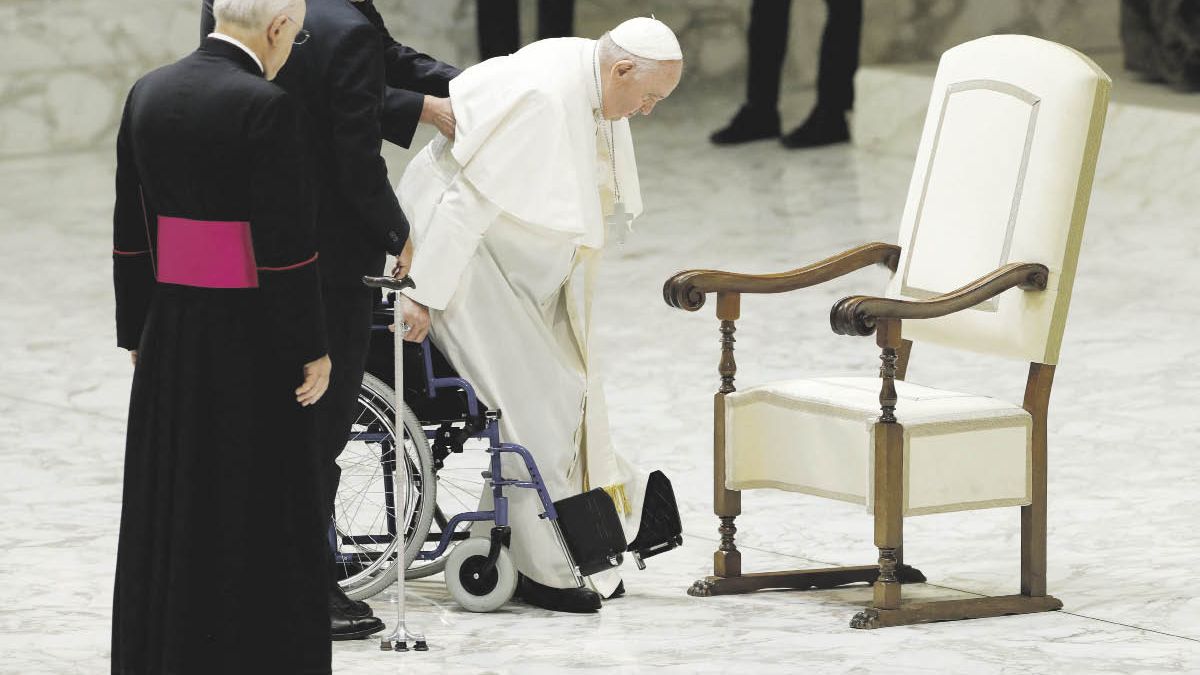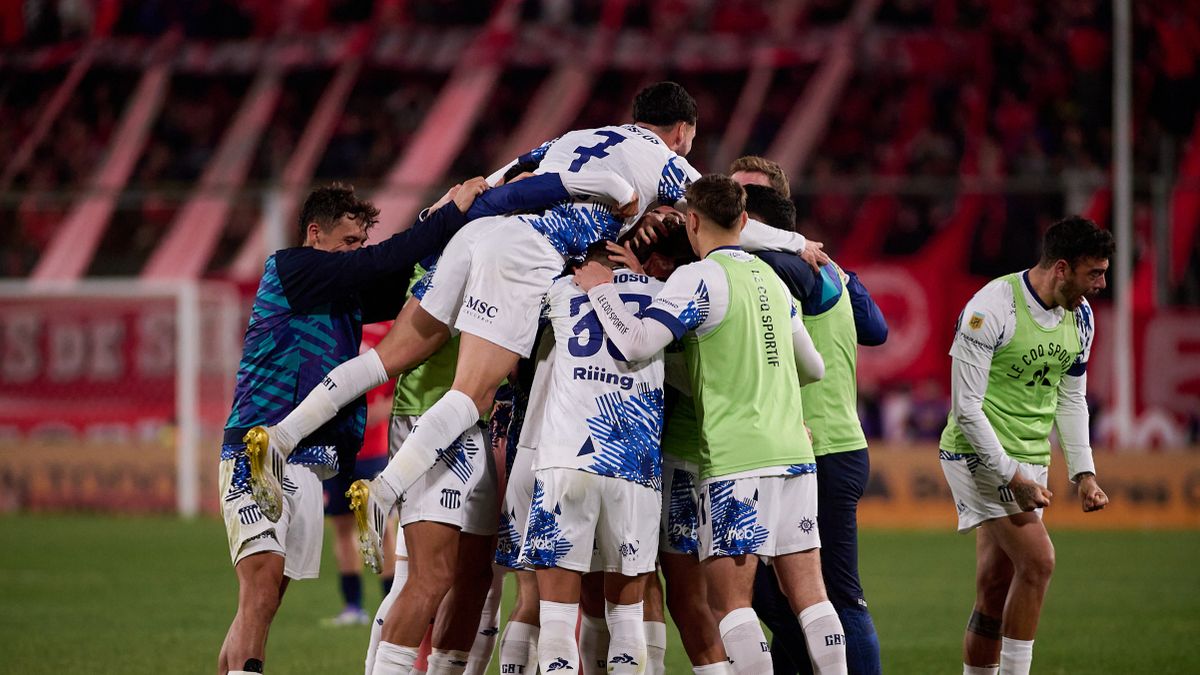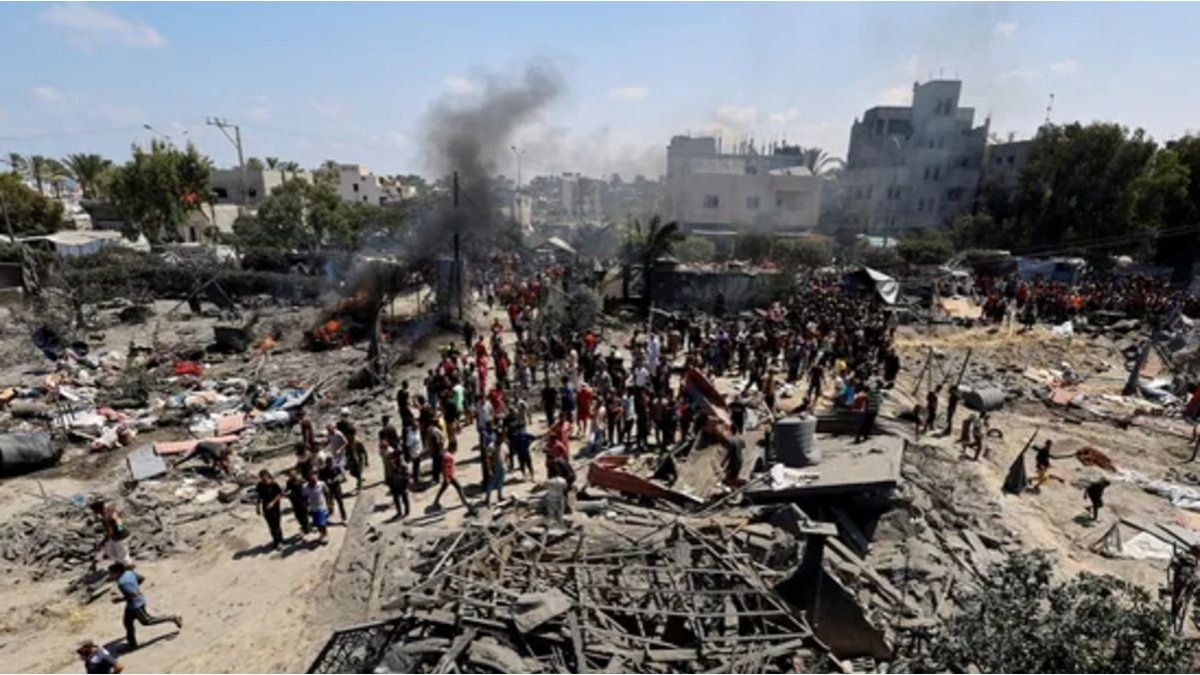“Some have interpreted the Holy See’s provisions in terms of ‘demotion’ or ‘loss of power.’ We are not interested in this type of dialectics, since for a Catholic the use of categories of power or worldliness does not make sense, ”said Manuel Sánchez, from the Opus Dei press office, reiterating the official position of the entity.
The Argentine pontiff, who since assuming the papacy in 2013 has vowed to reform the Roman Curia, the church’s central government mired in a series of scandals, has approved several measures to modernize and ensure greater transparency within the institution.
On this occasion, the pope’s provisions affect a powerful religious organization that John Paul II elevated at the beginning of his pontificate, in 1982, to the degree of “personal prelature.” It is also the only existing prelature, a true privilege, since it was equated to a diocese with all the power of decision that that means.
“Forty years later, Francis seeks to put an end to an excessively hierarchical structure and ‘rescue’ the charismatic values of an institution marked by power struggles and singularity, which makes it unique (for the moment) in the world,” said Jesús Enough, from the specialized page Digital Religion.
Accused by its detractors of being a kind of secret sect to pull the strings of power inside and outside the Vatican, which it promptly denies, Opus Dei is present in more than 60 countries and is made up of some 90,000 lay members, including political personalities. or business, and more than 2,000 priests, especially in Europe and Latin America.
Founded in 1928 by the Spanish priest Josemaría Escrivá de Balaguer, who died in Rome in 1975 at the age of 73, his canonization in 2002 by John Paul II sparked controversy due to his closeness to the dictatorship in Spain of Francisco Franco.
According to some of the modifications decided by the Argentine pope, that prelature becomes “depending on the Dicastery (or ministry) of the Clergy” and every year, instead of every five, the prelate must present a report to that body about the internal situation and the development of his apostolic work.
It “welcomes what comes from the Holy Father, with the desire to delve into what is essential,” Sánchez stressed.
According to some interpretations of the text, the leader of Opus Dei will no longer be considered a bishop and will not be able to wear episcopal robes. Opus Dei’s form of government will be “based more on charisma than on hierarchical authority,” Pope Francis stressed in his document.
The motu proprio also added in one of its six articles that, based on these modifications, the statutes of Opus Dei “will be suitably adapted”, through proposals from the institution itself, but that the Vatican must finally approve.
Source: Ambito
David William is a talented author who has made a name for himself in the world of writing. He is a professional author who writes on a wide range of topics, from general interest to opinion news. David is currently working as a writer at 24 hours worlds where he brings his unique perspective and in-depth research to his articles, making them both informative and engaging.




